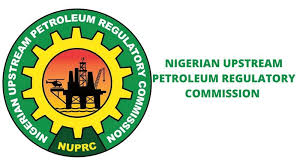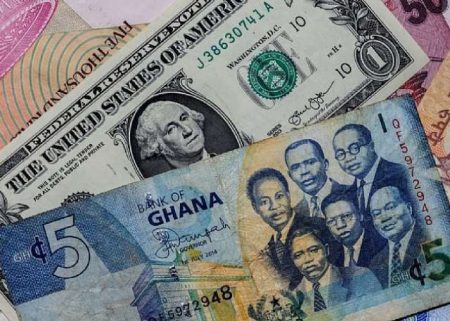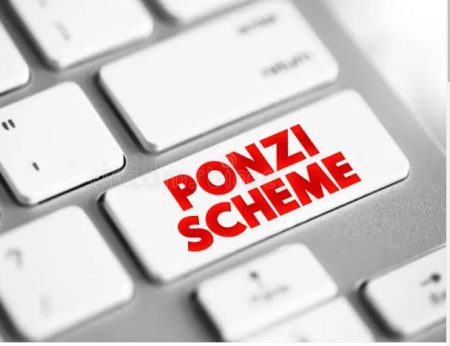The Nigerian Upstream Petroleum Regulatory Commission (NUPRC) has addressed concerns regarding the potential expiration of approximately 40 Petroleum Prospecting Licences (PPLs) granted in June 2022. A document on the NUPRC website indicated an expiration date of June 27, 2025, leading to speculation and unease within the industry. NUPRC Chief Executive, Gbenga Komolafe, clarified that the document, while accurate, required further context to avoid misinterpretations. He emphasized that the PPLs are at various stages of development, each with its own regulatory requirements and timelines, and that several licensees have already initiated the process of converting their PPLs to Petroleum Mining Leases (PMLs) in accordance with the Petroleum Industry Act (PIA) of 2021. These applications are presently under review by the commission.
Komolafe further explained that many operators have fulfilled their minimum work program obligations as stipulated in Section 78 of the PIA, making them eligible for licence extensions. Crucially, he highlighted that the commencement of production is not the sole criterion for compliance, suggesting a more nuanced approach to evaluating performance. The NUPRC has reiterated its commitment to transparency and open communication, assuring stakeholders that the regulatory framework is designed to benefit all Nigerians. This clarification seeks to dispel anxieties about the imminent expiration of the licences, emphasizing the ongoing evaluation process and the potential for extensions based on compliance with regulatory obligations.
The controversy arose from a NUPRC document, the Upstream Concession Situation Report, listing around 40 oil licences set to expire in June 2025, unless renewed. These licences, awarded to various companies following the 2020 marginal fields bid round, encompass a range of operators and field locations. The list includes notable players such as EOP Energy, Ardogreen Energy (a joint venture between Ardova Plc and Petrodev), Ingentia Energies Limited, Matrix Energy, Bono Energy, Energia, Annajul Rosari, ENEROG Limited, A. A. Rano, Acrete Petroleum, Odu’a Investment Company, Pioneer Global Resource & Integrated Energy Ltd, Transit Oil, Deep Offshore Integrated, Virgin Forest E&P, Platform Petroleum, Shepherdhill, Nord Oil’s SHN Energy Ltd, Northwest Petroleum, Genesis Technical, Gab & Nutella, Duport, Oceangate Engineering Oil, and NIPCO E&P, among others. The diverse range of companies involved emphasizes the potential impact of these expirations on the Nigerian oil and gas sector.
While the initial report suggested an impending expiration date in June 2025, the NUPRC clarified that the PIA allows for optional extensions of three or five years, contingent on the specific terrain and the company’s performance. This performance evaluation is based on compliance with the outlined work program obligations, rather than solely on production commencement. The NUPRC has engaged in discussions with the licence holders regarding their performance and eligibility for renewal. An energy expert, Professor Emeritus Wumi Iledare, underscored that renewal is contingent on demonstrable exploration or development activities, highlighting the importance of active engagement in the licensed areas. This places the onus on the operators to demonstrate progress and justify the extension of their licences.
The Federal Government has concurrently signaled its intention to revoke dormant oil assets under a “drill or drop” policy. Minister of State for Petroleum Resources (Oil), Heineken Lokpobiri, expressed concern over dwindling oil revenue and emphasized the need for active utilization of allocated resources. He stated that the government is prepared to reclaim idle oil wells from operators failing to develop them. Lokpobiri specifically referenced the marginal bid round, noting that only a small fraction of the approximately 60 companies awarded licences had commenced production. He affirmed his commitment to enforcing licence terms and reiterated his authority to cancel unused licences. This assertive stance reflects the government’s determination to maximize oil production and revenue generation.
The situation surrounding these oil licences underscores the ongoing dynamism within Nigeria’s oil and gas sector. The NUPRC’s clarification regarding the PPLs, the potential for extensions based on performance, and the government’s commitment to revoking dormant assets all contribute to a complex regulatory landscape. This interplay of factors highlights the need for transparency, clear communication, and consistent enforcement of regulations to foster a stable and productive oil and gas industry in Nigeria. The ongoing dialogue between the NUPRC, the licence holders, and the Federal Government will ultimately shape the future of these oil assets and their contribution to the national economy.














